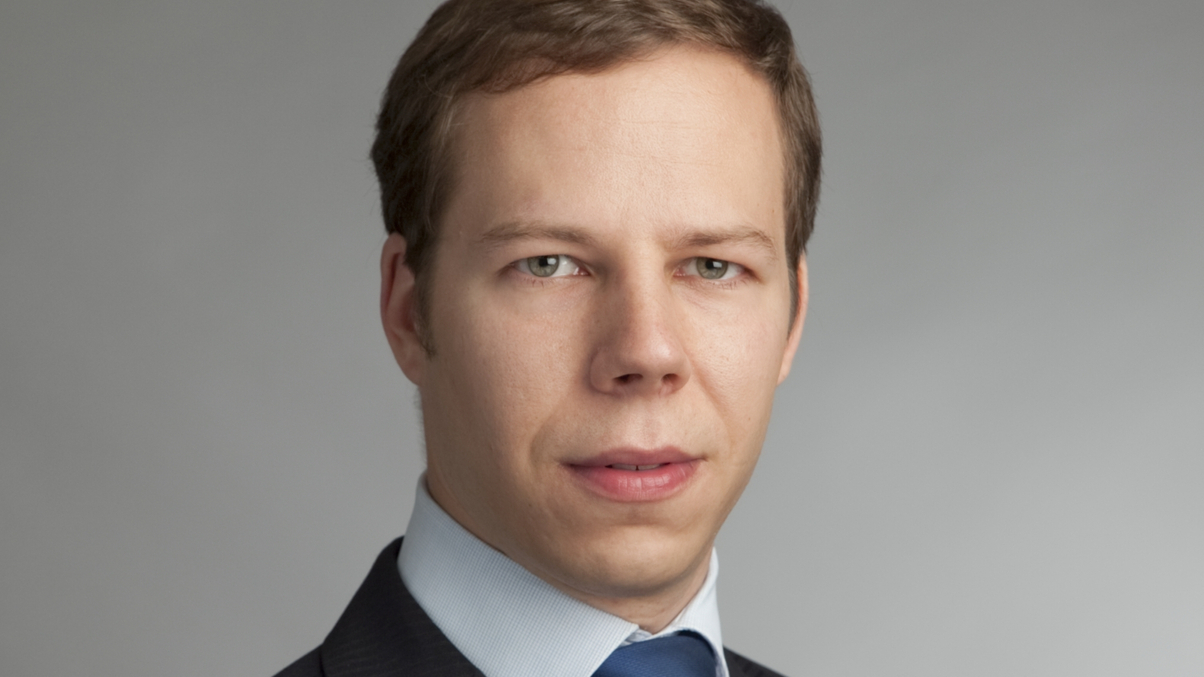AIFMD set to sideline Asian funds
Asian fund houses are about to face heightened scrutiny when asset gathering in Europe, meaning some firms may avoid the continent altogether.

A significant number of Asian alternative fund houses are likely to cease all attempts to raise money in EU countries as a result of imminent European regulation.
Sign in to read on!
Registered users get 2 free articles in 30 days.
Subscribers have full unlimited access to AsianInvestor
Not signed up? New users get 2 free articles per month, plus a 7-day unlimited free trial.
¬ Haymarket Media Limited. All rights reserved.


